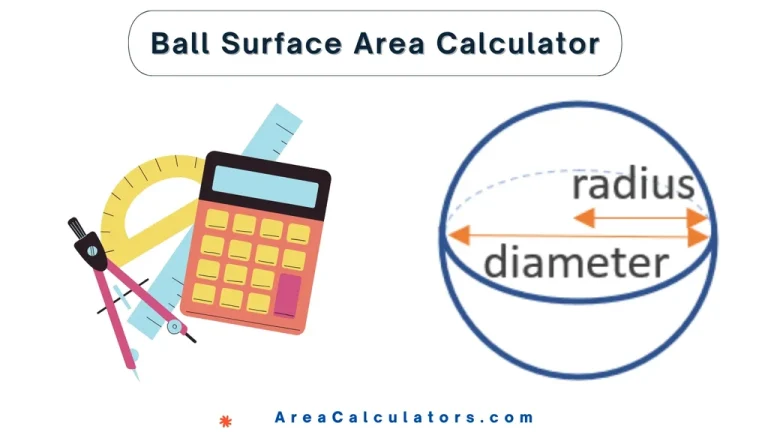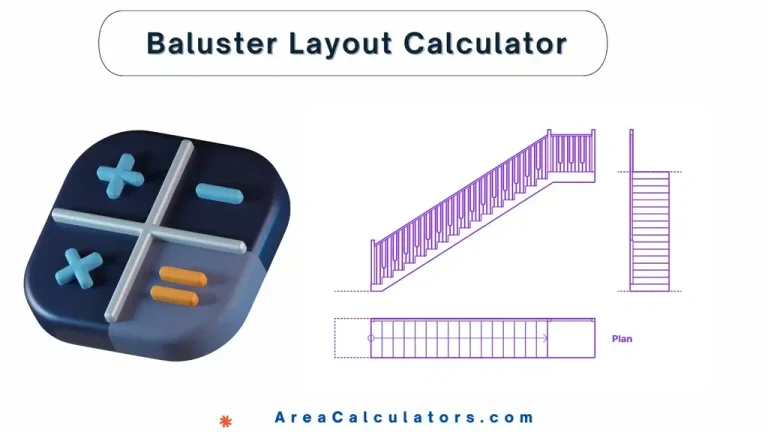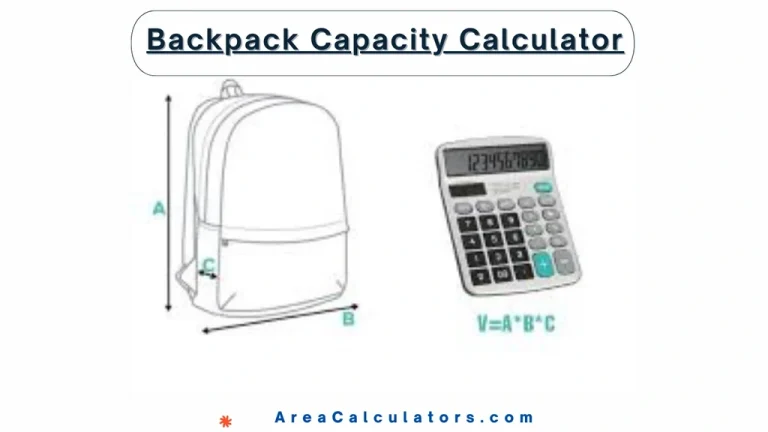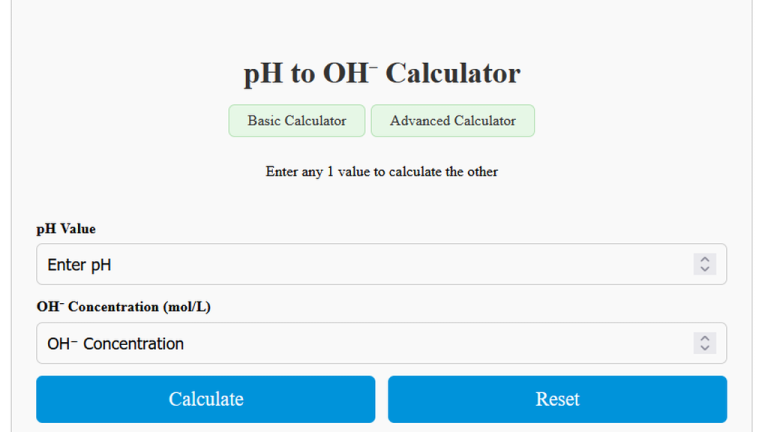Barrels To Metric Tons Calculator
Enter the values in our basic and advanced Barrels to Metric Tons Calculator for an instant and accurate calculation.
Converting barrels to metric tons are quite critical in industries dealing with liquid substances like oil. The conversion depends on the density of the liquid and the volume in barrels. Using our Barrels to Metric Tons Calculator, you can accurately determine the mass in metric tons.

Formula:
The formula is:
Variables:
| Variable | Meaning |
|---|---|
| MT | Metric Tons (the weight in metric tons) |
| D | Density of the liquid (in kg/m³) |
| V | Volume in barrels (BBL) |
| 0.1589873 | Conversion factor (to convert barrels to cubic meters) |
How to Calculate ?
First of all you need to determine the density (D) of the liquid in kilograms per cubic meter (kg/m³). Now, measure the volume (V) in barrels. Then, multiply the volume (V) by the conversion factor 0.1589873 to convert barrels to cubic meters. Finally, multiply this result by the density (D) and divide by 1000 to convert kilograms to metric tons (MT).
Solved Calculation:
Example 1:
Given:
- Density (D) = 850 kg/m³ (for crude oil)
- Volume (V) = 100 barrels
| Calculation | Instructions |
|---|---|
| Step 1: MT = | Start with the formula. |
| Step 2: MT = | Replace D with 850 kg/m³ and V with 100 barrels. |
| Step 3: MT = | Multiply 100 barrels by 0.1589873 to get 15.89873 cubic meters. |
| Step 4: MT = | Divide 15.89873 by 1000 to convert to cubic meters. |
| Step 5: MT = 13.5149 metric tons | Multiply the result by 850 to get the weight in metric tons. |
Answer:
The total weight is 13.5149 metric tons.
Example 2:
Given:
- Density (D) = 1000 kg/m³ (for water)
- Volume (V) = 50 barrels
| Calculation | Instructions |
|---|---|
| Step 1: MT = | Start with the formula. |
| Step 2: MT = | Replace D with 1000 kg/m³ and V with 50 barrels. |
| Step 3: MT = | Multiply 50 barrels by 0.1589873 to get 7.949365 cubic meters. |
| Step 4: MT = | Divide 7.949365 by 1000 to convert to cubic meters. |
| Step 5: MT = 7.9494 metric tons | Multiply the result by 1000 to get the weight in metric tons. |
Answer:
The total weight is 7.9494 metric tons.
Barrels to Metric Tons :
The conversion of barrels to metric tons is important in certain industries like oil and gas, where both volume and mass measurements are crucial. The conversion depends on the density of the substance being measured because different liquids have different densities.
A Barrels to Metric Tons Calculator allows you to input the volume in barrels and the density of the substance. Use the calculator and then applies the formula to provide the mass in metric tons instantly. Moreover, this calculator is needed in the oil and gas industry, logistics, and shipping, where accurate conversions are necessary for inventory management, transportation, and pricing.
Conclusion
The Barrels to Metric Tons Calculator offers a simple yet powerful tool for converting volumes from barrels to metric tons. Whether you’re in the oil industry, logistics, or storage management, this calculator streamlines the conversion process, saving time and ensuring accuracy.





